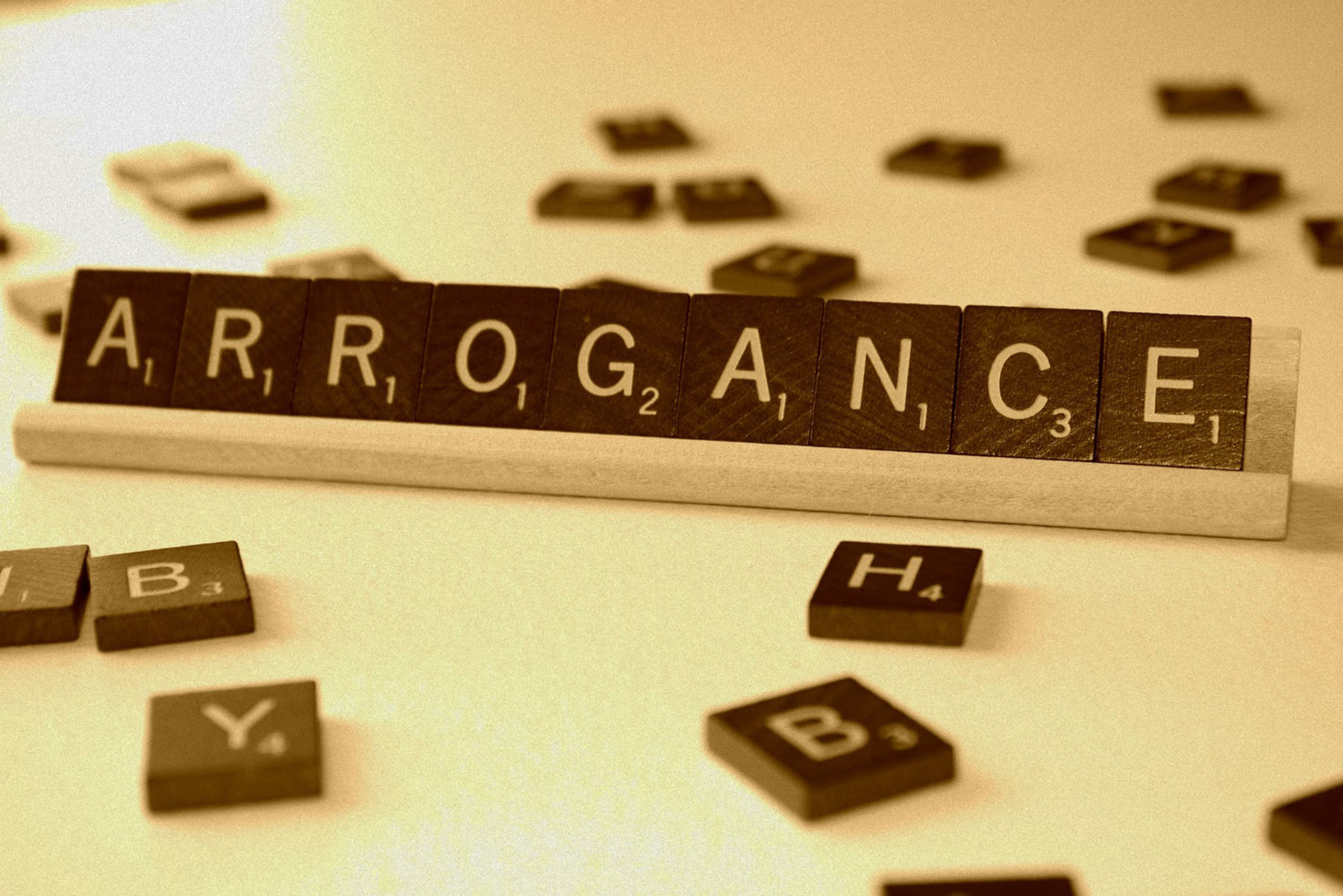Every time I post on Twitter or Facebook my claim that we don’t deserve everything we have, I get called a “Marxist” or “Socialist” by the opposition. This is such a ridiculous, simplistic response and illustrates how the opposition relies on slogans and name calling in place of serious discussion. But anyone who bothers to think more seriously can see that it is simply the arrogance of modernity and America to think that everything we each have is what we each deserve. <1>
My argument is this: We didn’t get here to where we are now all on our own. There is a whole history of the human species behind everything that we now have: not only behind automobiles, electricity, computers, TV, airplanes, railroads, cylinder and team engines, penicillin, the printing press, the spinning jenny, agriculture, animal domestication, not to mention our human language, writing, mathematics and even arguably our opposable thumbs. These inventions, among countless others, have become part and parcel of the stock of human knowledge. It is on these foundations or platform that each generation has started and to which each generation contributes.
There is No Blank Slate
There is no blank slate from which any culture or any individual starts. There is no invention for which any individual alone deserves credit by him or herself. To be sure, there are great inventors and intellectuals who break through to new levels of insights. But even the best stand on the shoulders of others’ ideas and prior inventions that make theirs possible. Indeed, it is debatable how much any given invention is actually the work of a specific individual versus the contribution of many others before and parallel to him or her.
But in our culture, and arguably in the predominant ideas of modernity, the individual is thought to be the creator of his or her own destiny. This is part of the reason that we unreflectively think that everything we do belongs to us alone. The unexamined assumption, which is problematic, is that we labor on a blank slate. And, in fact, the very modern (Lockean) notion that it is our labor that creates property developed in a context in which philosophers were trying to imagine the beginnings of property in the “state of nature.” It was in such an imaginary, fictitious context that it made sense to say that whatever my labor produced should be mine.2
We Stand On the Shoulders of Others
In reflecting on how our labor is itself already constituted by thousands of contributors before us, it is easy to see the limitation of believing that everything I create, or make, or earn, is simply the result of my labor alone. This is the reason it is a mistake to say that we deserve and have earned everything we have. No matter how inventive each of us is as individuals, no matter how hard working or insightful we are; none of us has invented our complete lives, our place in history, and all the results of our efforts entirely on our own. We stand on the shoulders of hundreds of thousands of people before us who contributed in countless ways via their labor to the human platform on which each of us erects our lives, not to mention the accidents of history that placed each of us in a given place and time.
Yet, there is a dominant view in American culture that insists that everything each of us has is what we individually deserve. If you challenge that view, you get called a “socialist” or “Marxist.” But that name calling comes from a perspective that forgets our human history and our past. It erases the way in which human beings are made by a whole history of the human species in which countless thousands of people have contributed to who we are now. That view sees each of us as isolated individuals who did it all on our own, without help from those before us, as if each of us has started from a blank slate in the state of nature. But there was no blank slate onto which we were born. We were all born into a story that has been ongoing for thousands of years and each of us has reaped the benefits of countless named and nameless people who contributed to our lives through the stock of human knowledge and via the human platform that made our lives better.
It is wrong to forget these contributions from the past and pretend as if they did not exist. Morally, we should see ourselves as standing on the contributions of thousands before us. And when we see ourselves and our world from this ethical, moral, philosophical and religious viewpoint, which does not erase the history of our species , then we realize that we come into this world, not on a tabula rasa, but with a debt to the past.
We are Like Entrepreneurs Who Benefit from Investments
The alternative view I am articulating here challenges the modern and very much American version of capitalist ideology that says we do it all on our own and owe no one anything. Yet this alternative view can also align with a capitalist analogy: like an entrepreneur who is given a loan from a bank or an investment from venture capitalists, we start our venture with an investment from others and thus with a debt to those who made that investment.
This analogy is better than the one that sees us starting on a clean slate. This entrepreneurial analogy recognizes the debt of history from which we start and the responsibilities that arise from the obligation that we inherit at birth. We are born into the world with an already existing debt. That debt means that with our successes comes an obligation to pay back the heirs of those who invested in us. Each of us owes something back from what we earn for the investments made in us from the past. Such a view does not do away with rewarding individual effort, despite the claims of Hayek, Friedman and Rand. Those who do the most with what they are given can still be rewarded for their efforts, just as the entrepreneur can be rewarded while also enabling the venture capitalist to be paid back and rewarded as well.
We Carry a Debt to the Past
What this alternative view does is challenge the unquestioned presumption that everything we have is what we earned and what we deserve, and that it is up to us, as individuals, to decide how generous to be with others. Instead, we now see ourselves as both inventors of ourselves and as fashioned by others before us. And when we see how we stand on the shoulders of those who came before, we realize that we carry a debt to all of their descendants which is humanity at large.
The very conceptual distinction of “taxes” and “charity” is thus nonsensical since in both instances we owe something significant back to society and humanity itself. The distinction that one is mandatory and one is voluntary is itself an artefact of our problematic view that we are being nice when we make donations, rather than discharging an obligation.
In challenging this sense that all we have is from what we each has earned, we come to recognize how this debt we carry to the past obliges us to pay back to those others who have not been as fortunate as ourselves or who have not benefited from American wealth and production due to accidents of history. From this view of ourselves and our history as a human species comes an alternative view of many topics: government, taxes, immigration, and our responsibilities to those who are less fortunate than ourselves. But those are topics for another time and ones that I have spelled out at length in my book.
*****
1. I’ve spelled out my intellectual position in much more detail in my book, Beyond Liberty Alone: A Progressive Vision of Freedom and Capitalism in America.
2. For a discussion of this view and other references, and a critique of Locke’s view, see Beyond Liberty Alone, 105 – 139.




